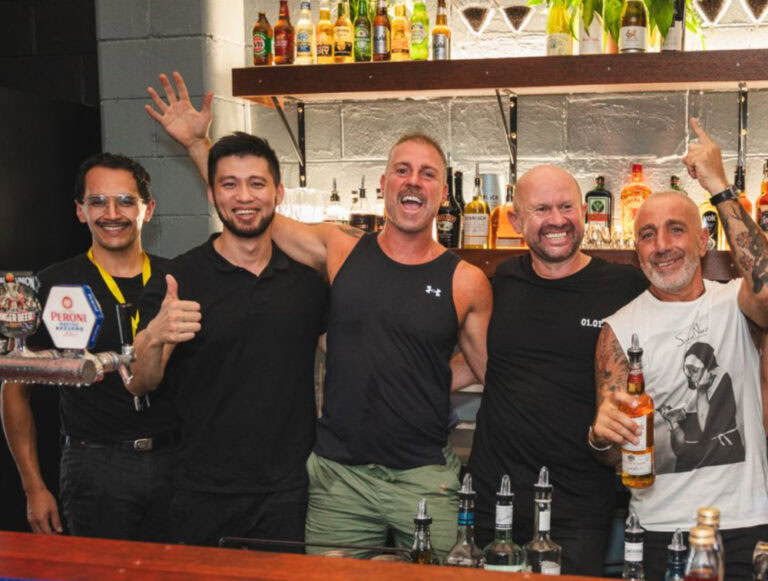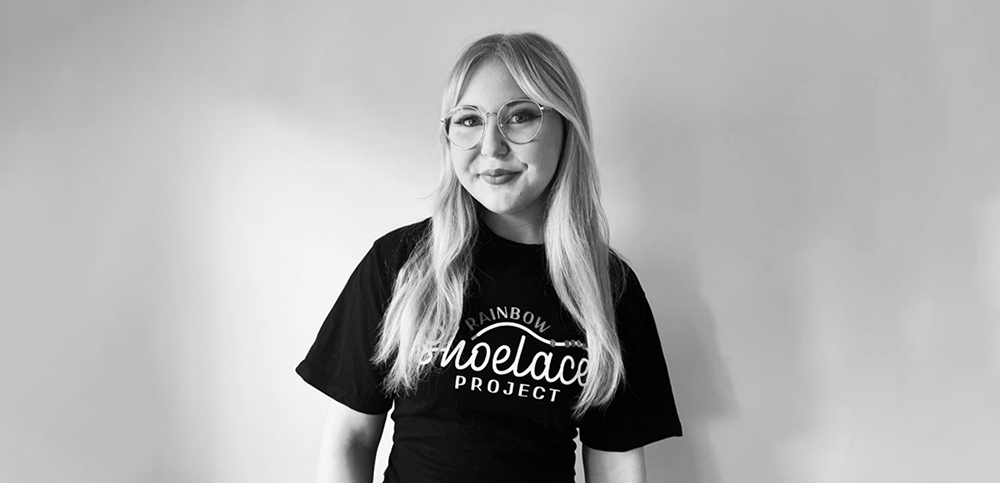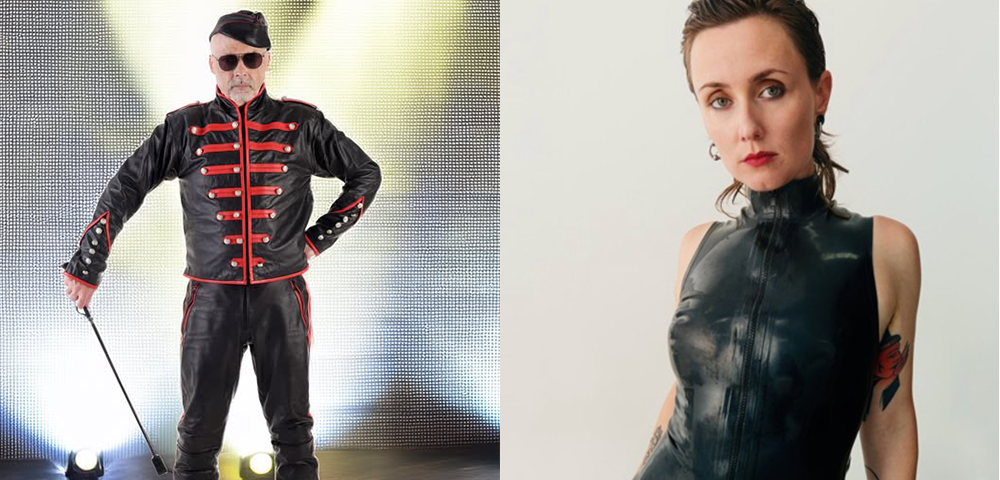
Sister of hope

I have spent 50 years of my life as a nun, so I have been around. I am a Sister of Charity and, back in 1983, I did a pastoral care course and started working fulltime at St Vincent’s Hospital. One of the wards I was on was the AIDS ward, 17th South.
It wasn’t called HIV then, it was just called AIDS. I had never met an AIDS patient and then one day a nurse said to me they had a new patient admitted. That was Bobby Goldsmith.
I went into his room, and if I could have walked on the air without my feet touching the ground so I wouldn’t get contaminated, I would. I had my hands firmly fixed in my jacket pocket so I wouldn’t have to touch anything. I went in, introduced myself and bolted.
I later thought how stupid I was and, when I went in the next day, I told Bobby what had happened and he roared laughing. He was a great bloke and we became great friends.
Bobby was a great educator, and he told me what it was like for him, and so I developed an insight into what it was like for a person to live with AIDS. He was such a friendly man, and I was so sad when he died as I felt he had helped me to become an effective pastoral carer to people with HIV.
Up to that time, I had little contact with the gay community. I had been a primary school teacher in the suburbs. If people had been gay, it meant nothing to me. It was a learning experience and it was confronting. But as far as I was concerned, they were just people and every person has a God-given right to dignity.
At the time, this is why St Vincent’s became the main hospital to accept AIDS patients. As Sisters of Charity, we are dedicated to service to the poor -“ and poor does not mean without money, it means in need. God made us all and God doesn’t discriminate.
Every newspaper at that time had these horrible banner headlines about AIDS. A lot of the hospital staff were scared out of their wits as it was a new disease and no one knew much about it.
Many of the doctors and nurses were severely discriminated against along with the patients. I was often questioned about what I was doing and how did I know I was not carrying the infection. Fear is what I remember most about that time.
In the beginning on the ward, there may have been two or three patients -“ gay and straight, male and female. Then after a few months, it was a six-bed dedicated unit, with people waiting in casualty.
Then it grew to a 12-bed unit, before finally becoming a dedicated ward. It was so frightening to watch the growth. And there were no medications -“ nothing. Some of the doctors tried all kinds of things in the hope of being able to help.
When I was on the wards, I would introduce myself to patients. Sometimes people would see me as a nun and their newspapers would go up, or they would be asleep in two seconds. But often, they would watch as I interacted with someone else. Then after a few days,
I would be invited over and we would engage in conversation. They would see I wasn’t a bible basher and wasn’t trying to convert them. I was there to offer support. Some people could not relate to the idea of God or religion, but they were able to relate to me as a person. I was not Margaret the nun, rather I was Margaret who is a nun.
There was one man who I will always remember. He did not have a lot of support, and I would just sit and hold his hand as he was too sick and frail to talk. One day, he suddenly pulled his hand back and he said I gave him peace when I held his hand and he didn’t want to take all my peace. He wanted to leave me with some.
There often were families and groups coming in and some of them would know what was happening and someone didn’t. There was a lot of pussyfooting around and I would have to use a little insight to determine who I could say what to.
People were always crying and I had buckets of tears cried on me. I also cried a bucket of tears. When I don’t get touched by people’s sorrow, misery and pain, then it is time to give up.
It was a hard time, but there were people who supported me. With the nursing and medical staff and social workers, we all had a great bond. And we laughed at all the terrible black humour of it all -“ that kept us going and we found our way through it.
As a nun, I also have a deep spirituality and that really helped me. I found my own spirituality becoming much deeper and I discovered a much more loving God, which might sound odd, but I did.
It was a time of fear, but also of great love as people really put themselves out to help. Some of the support people were absolutely incredible. In some ways, people were incredibly cruel and cruel in ways I couldn’t believe.
In other ways, the compassion was extraordinary. It was the two extremes. When I saw the community response, I was delighted, but I think it was because all that gay liberation stuff had not long happened and there was a sense of community of sorts.
As the mid-1990s arrived, I was so grateful there was at last some hope. As the new drugs came on the market, the doctors were able to mix and match, but then there were the terrible side effects.
Some people were waiting around to die, and then with the drugs, it didn’t happen. Then there were others whose bodies were so damaged by the disease that the drugs didn’t work. To see that progress was wonderful, but it had been a long time coming.
I left the hospital in 1995 and I had some time out. I felt it was time to go. I later talked with other service providers and they agreed there was a need for a service for carers.
That is when I set up Tree of Hope, which offers pastoral care with Centacare, offering spiritual support and friendship to people living with HIV/AIDS and their carers.
The thing I learnt through all of this was about the resilience of the human spirit. The people who have a meaning and a purpose in their life seemed to cope best.
Spirituality is not necessarily about your religious points of view, it is about your values and how you live by them. It is something that comes from the depths of the meaning people put into their lives. Some people discovered they were doing good, caring and compassionate things they would never have done otherwise.
As a Sister of Charity, I continue to be committed to working with people in need. I think some of the most marginalised people are people living with HIV.
Even now, some people don’t understand it and it is something that is very much discriminated against. There is still a need for this work and, in these days when funds are bring squeezed, that need is not going to go away.
Interview by John Burfitt









